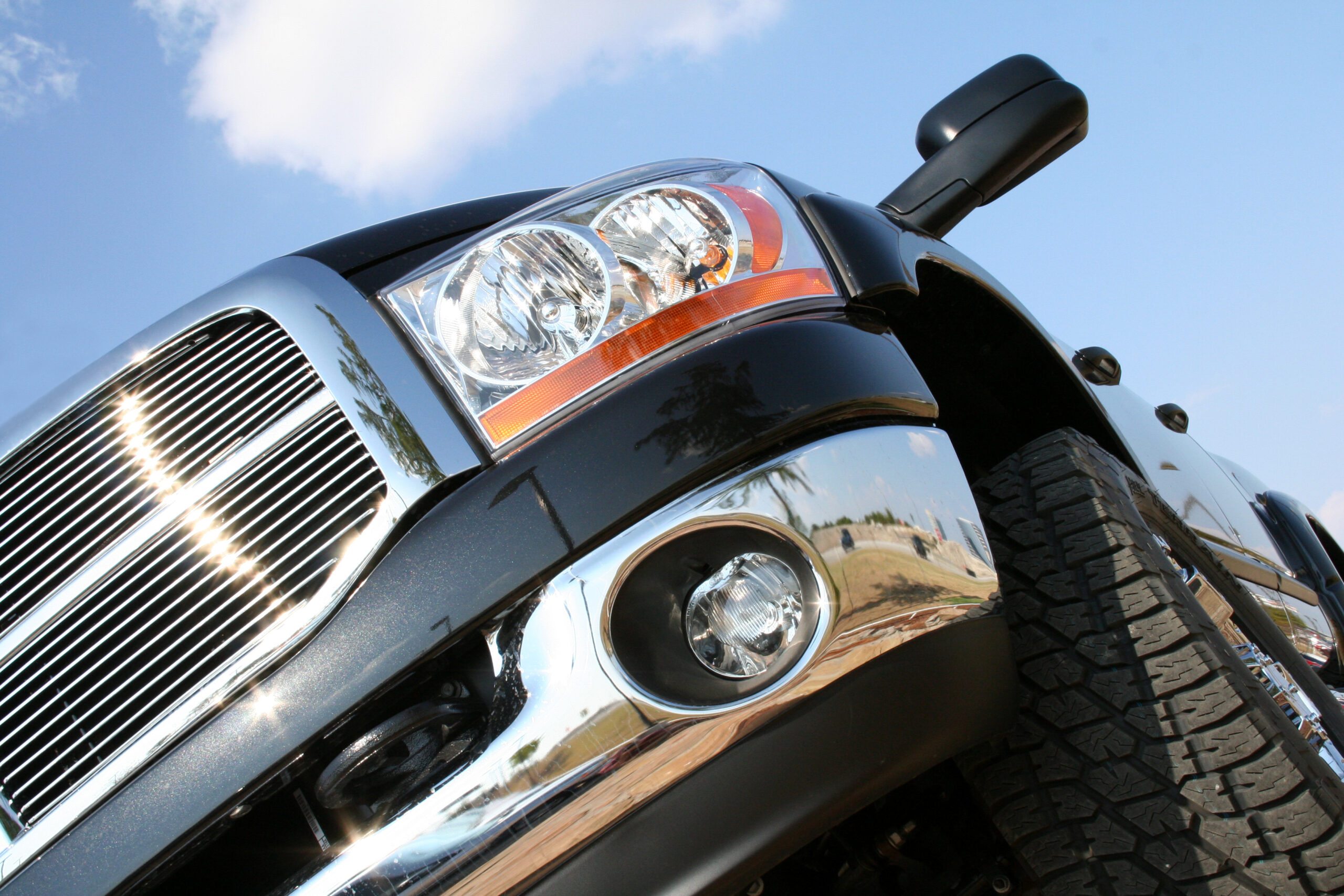A tax loophole is costing Australian taxpayers more than $250 million each year by effectively subsidising large, luxury utes according to a new report from Canberra-based public policy think tank, The Australia Institute.
According to the report called “Luxury Car Tax and the Ute Loophole”, this exemption from the Luxury Car Tax (LCT) prompts the purchase of bigger and more harmful vehicles, despite their negative impact on the environment and public infrastructure.
The LCT was introduced in 2000 and applies to imported cars valued above $80,567 as of the financial year 2024-25. Fuel-efficient vehicles, including electric and hybrid cars, have a higher threshold of $91,387. Meanwhile, the tax rate is set at 33 per cent on the value above this threshold.
The Australia Institute highlights that utes are exempt from the LCT if they are classified as “commercial vehicles designed mainly for carrying goods and not passengers” and can carry twice the weight in payload than in passengers.
Furthermore, there is no requirement to prove that the vehicle will be used for commercial purposes and not for personal use.
Key Findings from the Report
According to the report, the tax exemption significantly reduces the cost of utes compared to other expensive cars, including fuel-efficient and electric vehicles. This effectively incentivises consumers to choose larger, less fuel-efficient vehicles.
For example, the report compares the 2024 Mercedes-Benz E350 EQ Hybrid sedan, which costs $133,370 before on-road costs, with the 2024 Chevrolet Silverado 1500 ZR2 Ute, priced at $138,000. The Mercedes would incur an additional $15,841 in LCT, making it $11,211 more expensive than the Chevrolet Ute.
The report also highlights that the cost of the LCT exemption is more than ten times the Federal Government’s Active Transport Fund, which is allocated for the construction and upgrade of cycle paths.
“These vehicles are damaging roads, reducing safety, and increasing emissions, yet they receive a significant tax break,” said Rod Campbell, Research Director at the Australia Institute.
A Call for Policy Change
In a press release, the Australia Institute argues that removing the LCT exemption for luxury utes would not affect most drivers, particularly tradespeople. Instead, it would target those purchasing expensive, non-commercial vehicles for personal use.
“Economics 101 says that governments should tax things they want less of, and subsidise things they want more of…” explained Mr. Campbell.
“Big utes impose considerable costs on society, whether it’s safety concerns or the impact on our roads and climate. Removing the luxury car tax exemption for these vehicles is a good first step in accounting for these costs,” he added.
Did you find this article interesting? Click the ‘heart’ button above to give it a ‘like’!



















